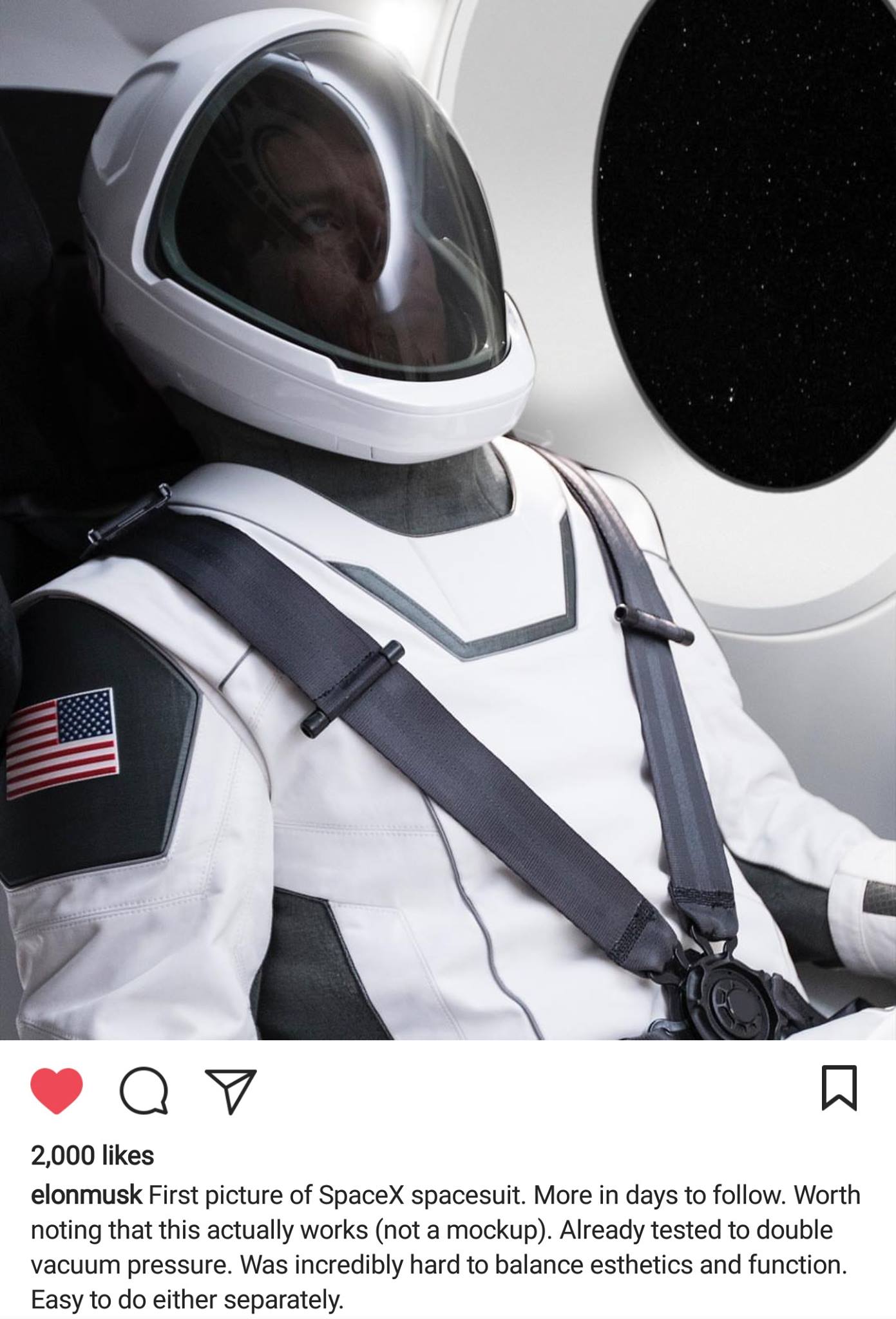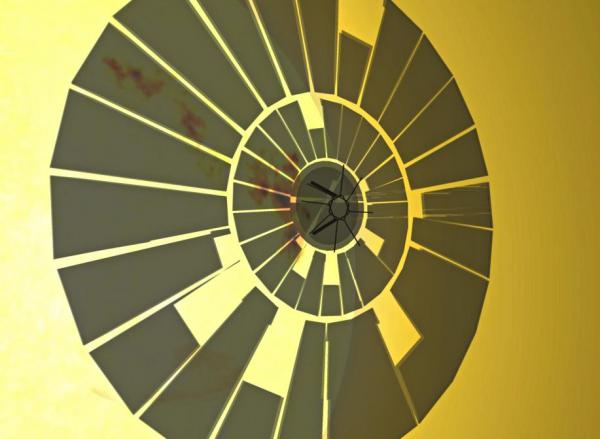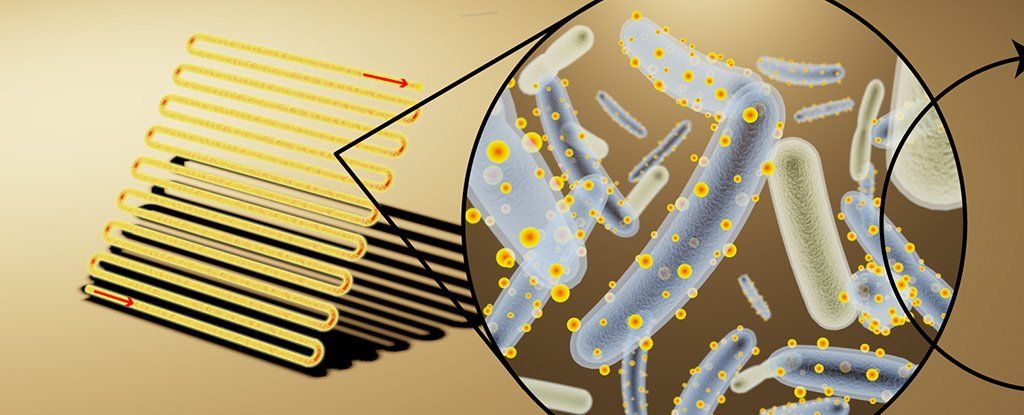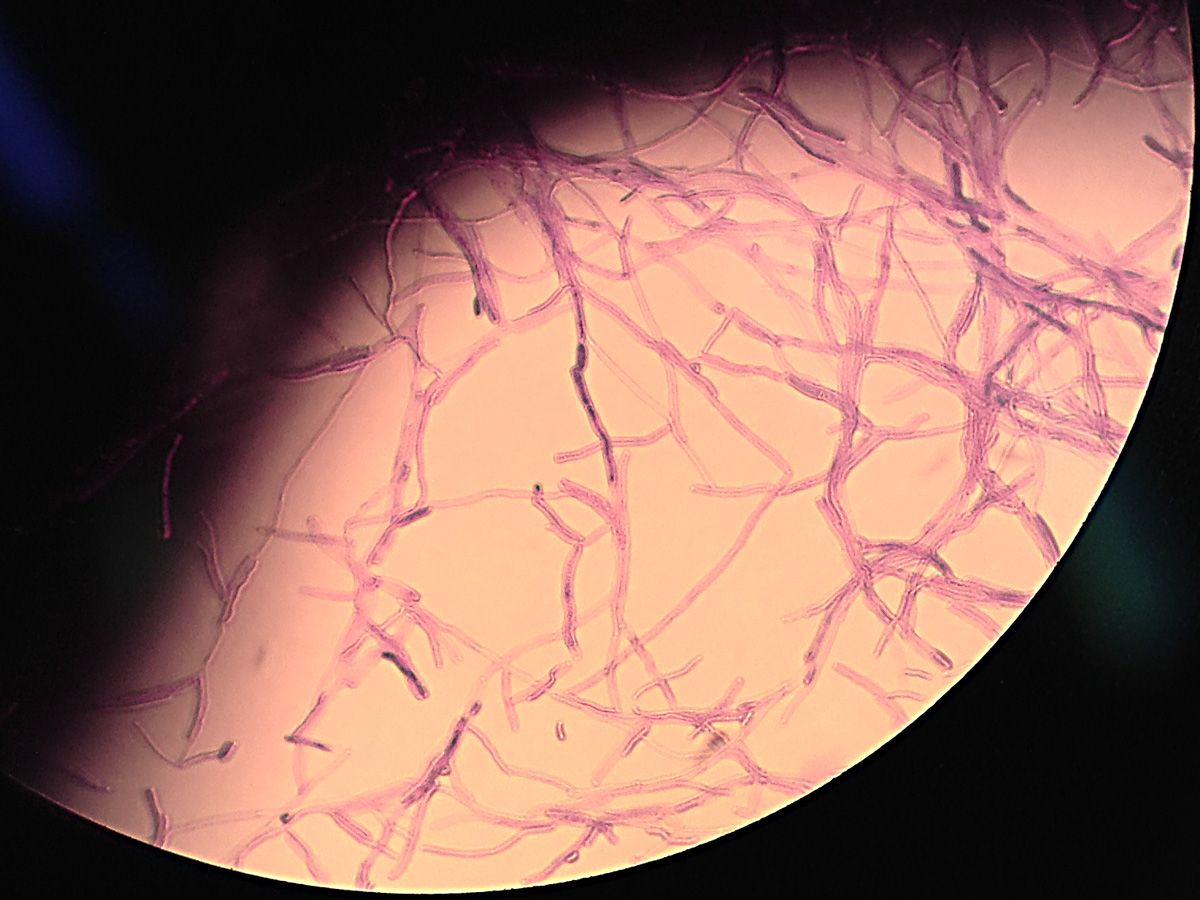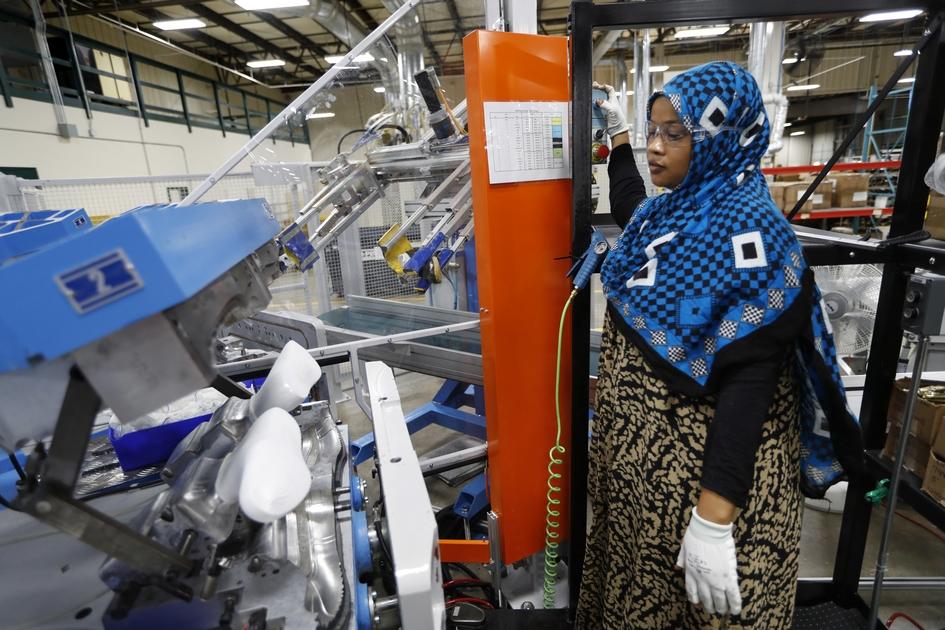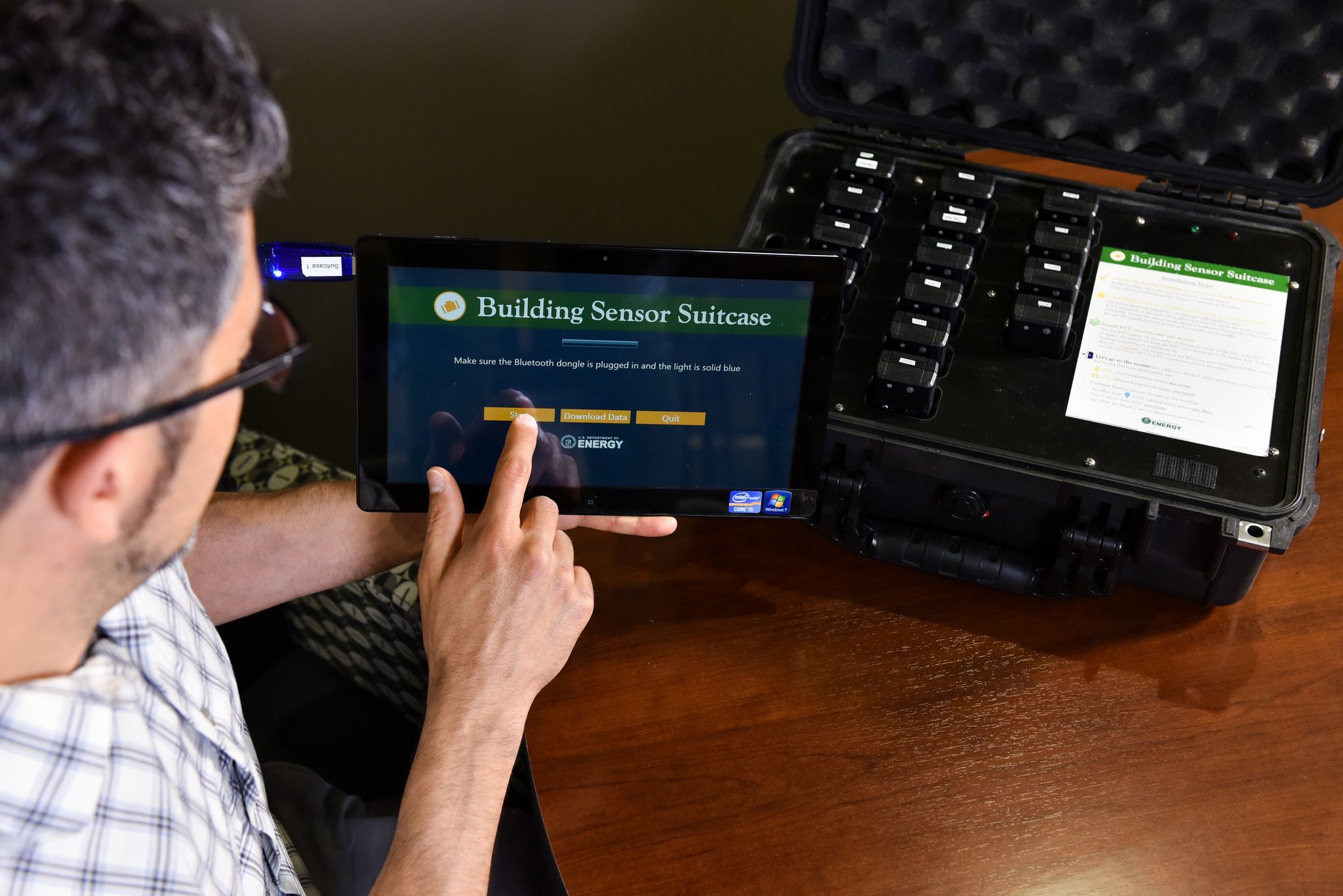Page 10152
Aug 23, 2017
Amat Farm
Posted by Klaus Baldauf in categories: finance, particle physics, solar power, space, sustainability
Amat farms (antimatter farms) consist of large banks of solar power collectors which power multicolliders optimally designed to produce antiparticles. The vast showers of collision products which result are sorted magnetically; antimatter particles and other useful species are collected, cooled and held in electric/magnetic traps.
The first amat farms were established in 332 orbiting Sol just outside the orbit of Mercury, known collectively as the Circumsol ring. Several power corporations were involved in this effort, including the Look Outwards Combine, Jerusalem Macrotech and General Dynamics Corporation. In 524 the Jerusalem Macrotech station B4 was destroyed during an unsuccessful raid by Space Cowboys.
Amat fields designed to produce anti-protons are typically 100km or more in diameter; fields which produce positrons are considerably smaller. The antiprotons and positrons are usually combined into anti-hydrogen and frozen for easier storage.
Aug 23, 2017
Cyborg Bacteria Covered in Tiny Solar Panels Are Changing The Future of Clean Fuel
Posted by Klaus Baldauf in categories: cyborgs, solar power, sustainability
In an effort to improve the efficiency of natural photosynthesis, a researcher at the University of California, Berkeley, has created cyborg bacteria.
These bacteria were trained to grow and cover their bodies with tiny semiconductor nanocrystals that act as efficient solar panels for harvesting sunlight.
Although most life on Earth relies upon photosynthesis as its source of energy, the process has a weak link: chlorophyll. Plants and other organisms use the green pigment to harvest sunlight during photosynthesis, but it is rather inefficient.
Aug 22, 2017
Astronauts may depend upon recycled urine filament for 3D printing in space
Posted by Klaus Baldauf in categories: 3D printing, bioengineering, genetics, space
“If astronauts are going to make journeys that span several years, we’ll need to find a way to reuse and recycle everything they bring with them,” says Mark A. Blenner, assistant professor of chemical and biomolecular engineering at Clemson University, South Carolina.
To this end, the Blenner Research Group is looking into the potential uses of a type of yeast called Yarrowia lipolytica, that feeds on the urea content of urine.
With a little genetic engineering the group has proven that the yeast can be used to produce hydrogen and carbon – the atomic ingredients of nutrients like Omega 3, and polyester-based 3D printer filament.
Continue reading “Astronauts may depend upon recycled urine filament for 3D printing in space” »
Aug 22, 2017
Forget China: Here’s why the next manufacturing boom could come from space
Posted by Klaus Baldauf in categories: innovation, space travel
MOUNTAIN VIEW, Calif. — These days, it’s hardly exotic to see a “made in China” sticker slapped on your favorite product. But what if that sticker said “made in space?”
A Mountain View-based startup earlier this month revealed new breakthroughs in its quest to build in-space factories that will orbit the Earth and pump out products that are too difficult or expensive to make at home. The technology is expected to revolutionize space exploration by allowing scientists access to better tools in space, and also provide people on Earth with unique space-made products such as improved fiber optic cables.
“In-space manufacturing and assembling has been the stuff of science fiction and the dream of the industry for almost the entire existence of the industry,” said Made in Space CEO Andrew Rush, who hosted journalists and NASA representatives at his company’s headquarters for a demo. “But now, for the first time, we’re making these really transformative steps toward making that a reality.”
Continue reading “Forget China: Here’s why the next manufacturing boom could come from space” »
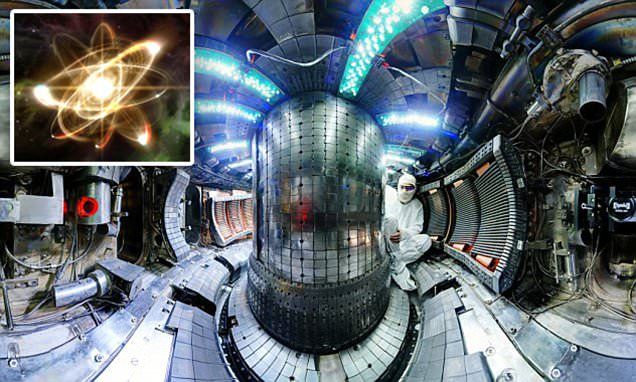
The new plasma has been developed by researchers from MIT. Unlike most plasmas, which are made up of two ion species, the new plasma is made up of three ion species.
Aug 22, 2017
Bad weekend? How injecting a virus into the brain could wipe your memory
Posted by Dan Kummer in categories: biotech/medical, neuroscience
US scientific advances are making the premise of Eternal Sunshine of the Spotless Mind more of a reality – goodbye bad and sad times.
Aug 22, 2017
Global Solar Capacity Set to Surpass Nuclear for the First Time
Posted by Dan Kummer in category: solar power
By the end of 2017, solar PV capacity will rival nuclear. By 2022, it could more than double nuclear capacity.
Aug 22, 2017
Regenerative Medicine Market to Reach $5.5 Billion by 2025: Increased Prevalence of Neurodegenerative, Orthopedic & Other Aging-related Disorders
Posted by Dan Kummer in categories: biotech/medical, life extension
DUBLIN, August 21, 2017 /PRNewswire/.
The “Regenerative Medicine Market, 2014 — 2025” report has been added to Research and Markets’ offering.
The global regenerative medicine market size is expected to reach USD 5.59 billion by 2025, according to this new report. Increased prevalence of neurodegenerative, orthopedic, and other aging-related disorders in geriatric population coupled with rising global geriatric population is anticipated to drive market growth.
